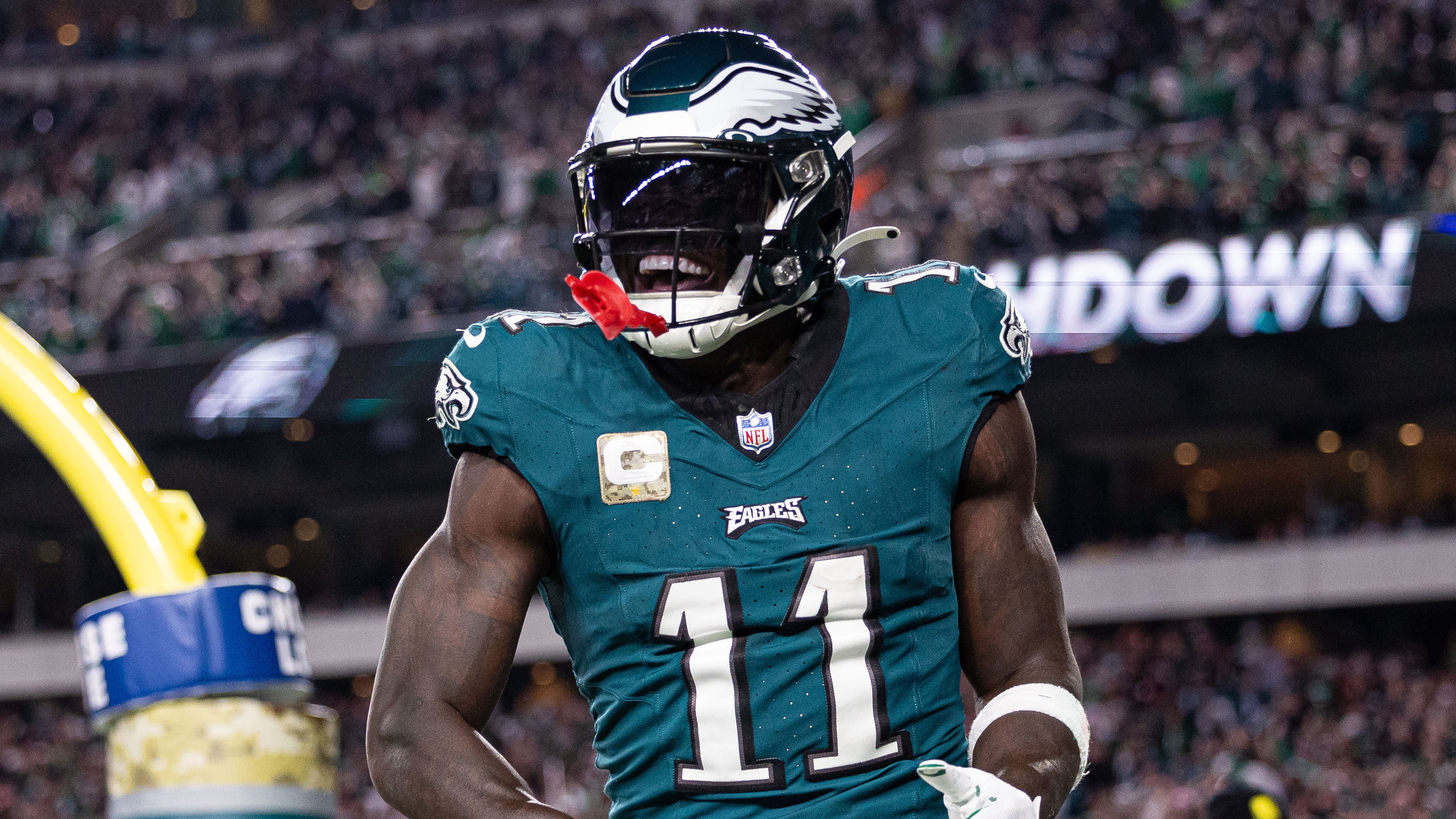Boston University researchers have a renewed warning on the impact of football: it is hits, not concussions, that lead to CTE.
The new research on brain damage was published Thursday in the journal "Brain."
"This paper is the best evidence to date CTE is not triggered by concussion, but rather by hits to the head," said lead researcher Dr. Lee Goldstein.
CTE leads to aggression, dementia and suicidal thoughts. The research focused on the brains of teenagers.
"We also saw the very earliest fingerprints of CTE soon after these injuries, and this is really very profoundly disturbing," Goldstein said. "What it tells us is as these hits are occurring even in the early aftermath — days, weeks, months after these injuries, this disease is already being kicked off."
Researchers say for too long, people have believed only concussions lead to CTE.
"There is no direct correlation whatsoever," Goldstein said of concussions. "The only correlation we saw was with the hit itself."
Local
In-depth news coverage of the Greater Boston Area.
They warn parents against a false sense of security if their child doesn't have an actual diagnosed concussion.
"Kids are getting hit and hurt, but they aren't getting helped," Goldstein said.
As the study was being released, Hall of Fame football players have a message for parents. They are advising only flag football for kids under age 14.
"I beg of you, I beg all parents to please don't let your children play football until high school," said former Boston Patriots linebacker Nick Buoniconti.
"We kept this game alive and I want to keep it alive," said Hall of Famer Phil Villapiano, formerly of the Oakland Raiders. "I'm all in on the under 14 flag football."
Researchers say everyone has been so focused on concussions, but they say the big damage is being done with repeated impacts from every hit, every tackle. Those kids, they say, are suffering damage not seen and heading right back onto the field.
Testing mice, researchers showed that repeated blows to the head trigger the wasting disease within 20 minutes, whether the mice suffered concussions or not.
"We can probably prevent concussion," Goldstein said. "But what we can't do is prevent the motion of the head from a tackle. And that's the real problem."
Goldstein authored a major report in 2012 about soldiers, showing exposure to even one bomb blast can cause CTE. His new paper has shown the same is true for head hits in sports.
"It is not the concussion, it is the way the head is hit," he explained. "At the end of the day, there is no difference in the way brain looks after a hit, no matter how the hit was sustained. Any hit can have this effect. We were not expecting that."



